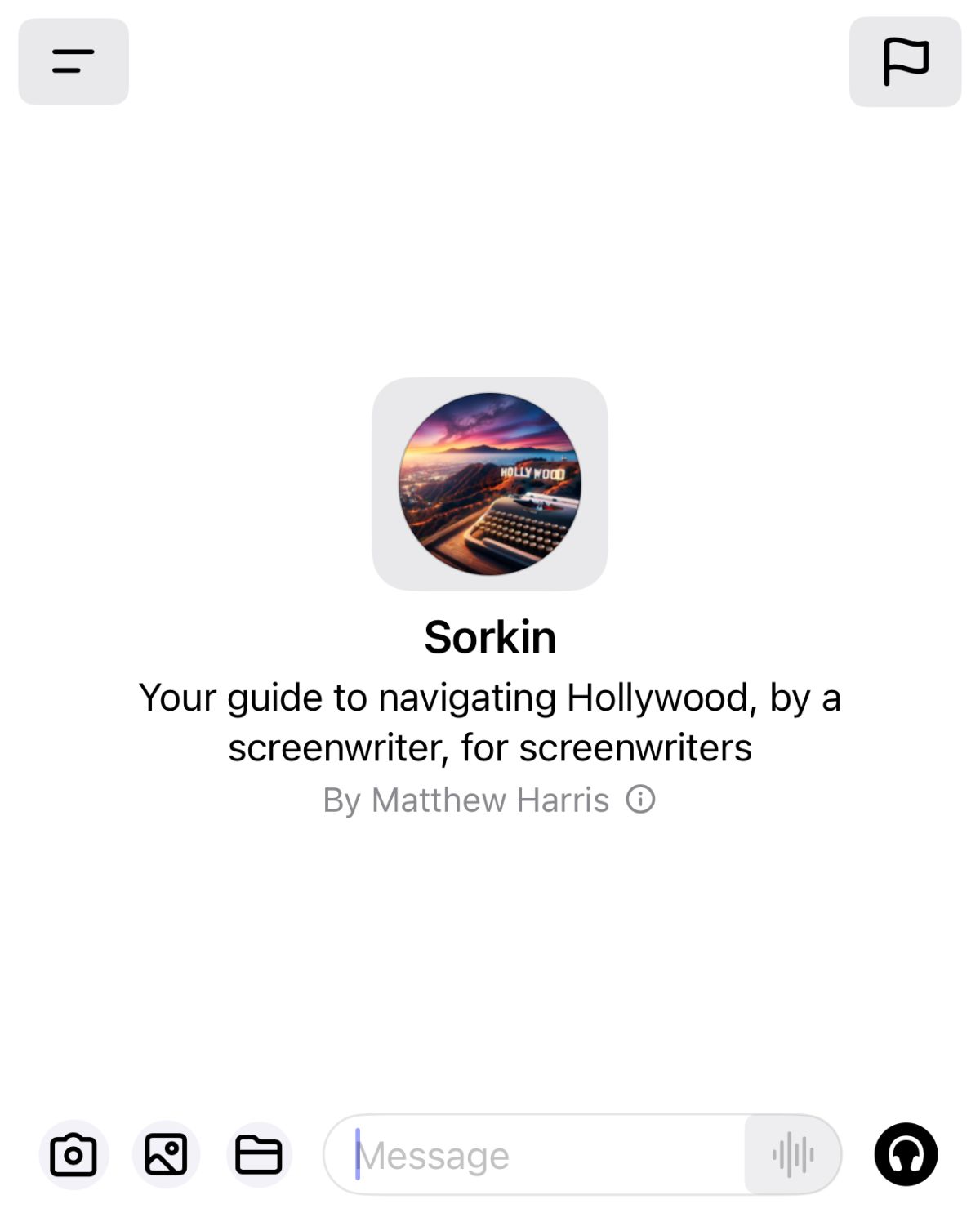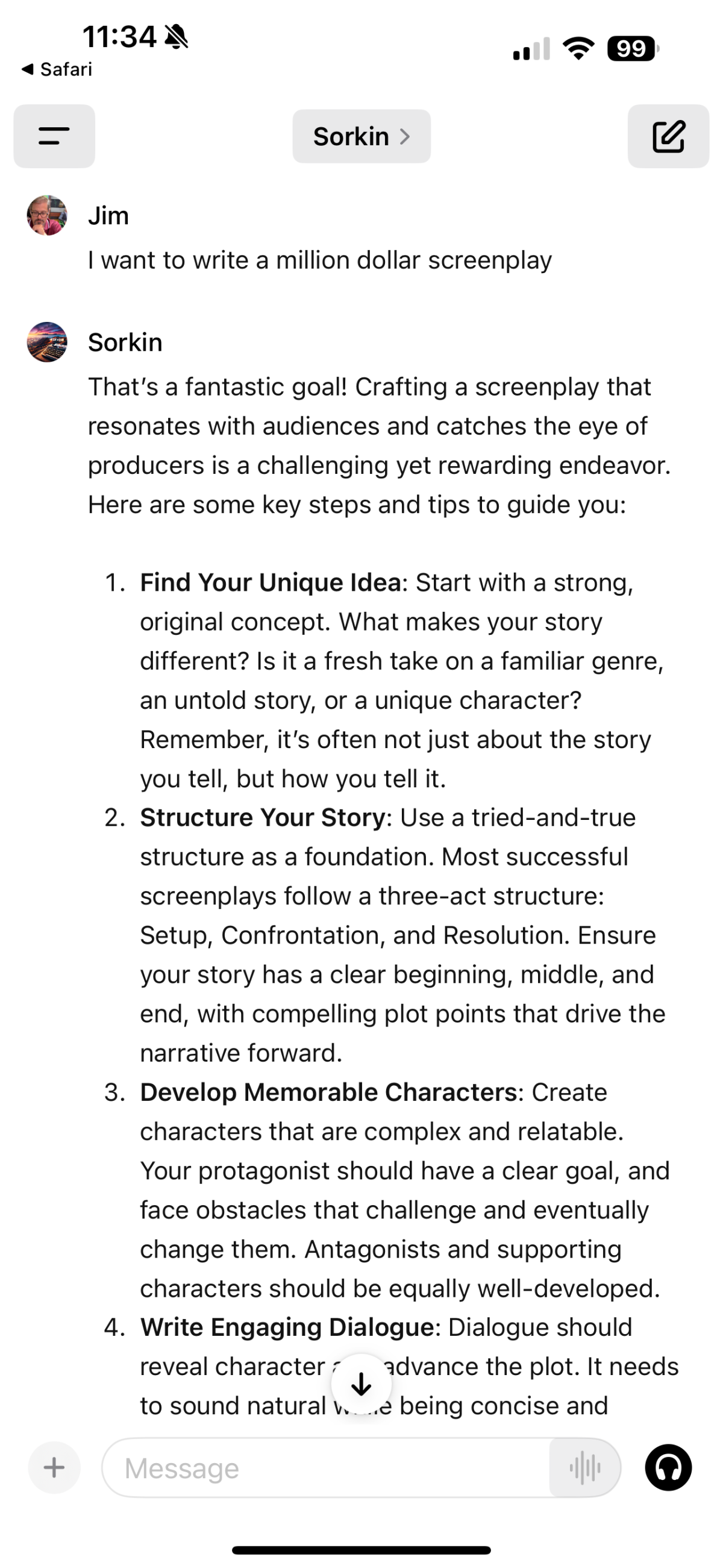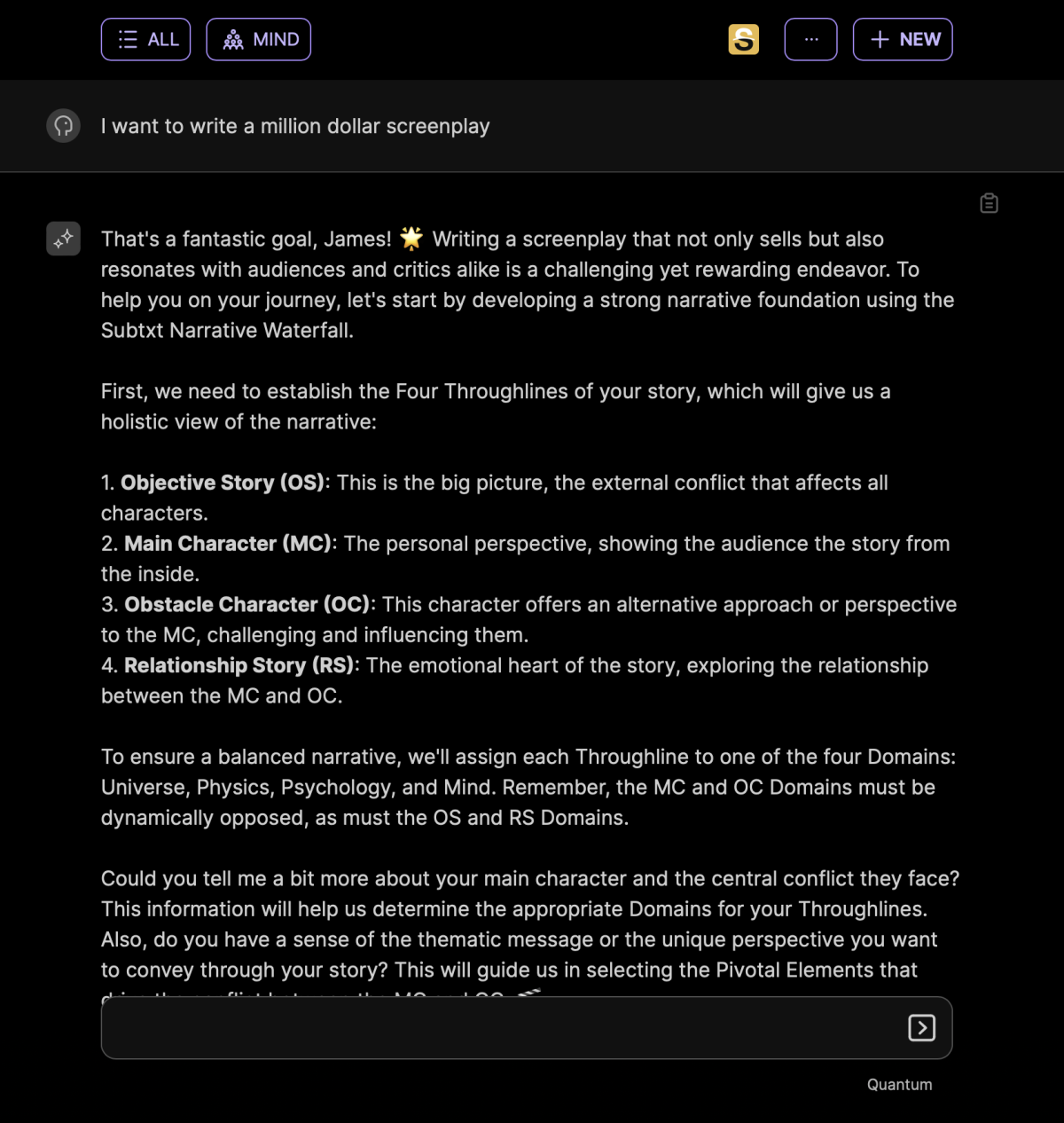The Screenwriting GPTs: A New Wave of Narrative Misadventure
Storytelling AI: creative aid or narrative misstep?
In the ever-evolving world of storytelling, we're now witnessing a new phenomenon: the rise of screenwriting GPTs. These AI-driven tools are storming the market, promising to not only assist writers but to revolutionize the very craft of storytelling itself. But, as we at Narrative First know, storytelling is an art form that's both intricate and deeply human, something that can't be replicated by algorithms alone.
Let's start with the basics. These GPTs are offering advice that would make any seasoned storyteller cringe. Take, for instance, the suggestion that every story must have a "beginning, middle, and end." This is akin to advising a chef that every dish should contain food. It's a fundamental that’s so obvious it's almost laughable.
This trend is reminiscent of those old Russian bots that scraped content from Narrative First, creating websites filled with narrative jargon but no real understanding. These bots, much like the current wave of screenwriting GPTs, missed the essence of storytelling: the nuanced, the subtle, the beautifully complex.
Now, with the advent of these AI tools, we're facing a potential flood of Aristotelian/Hegelian reductionism. It's an oversimplification of narrative theory, reducing the rich tapestry of storytelling to a few basic formulas. This approach not only limits creativity but fails to recognize the depth and diversity of human experiences that stories can capture.
One of our "favorite" bits of advice from these AI tools? The notion that antagonists and supporting characters should be equally well-developed. While this sounds wonderful in theory, it overlooks the delicate balance required in storytelling. Not every character demands the same level of complexity, and over-developing some can actually detract from the central narrative.
Here's the same "million dollar question" posed to Subtxt Muse:
And while the concept of the Four Throughlines has yet to garnish a million dollars (at least, officially), the approach helped craft Canada's 2023 offering for Best International Film at the Oscars. 😉
At Narrative First and Subtxt, we believe in empowering storytellers with the best tools to enhance their natural storytelling abilities. Unlike the new wave of screenwriting GPTs, our platforms are rooted in a profound understanding of narrative theory, shaped by years of real-world experience and expertise. These AI tools, with their surface-level insights, can’t compete with the breadth of knowledge embedded in Subtxt’s approach.
In conclusion, while these screenwriting GPTs might seem appealing as a quick aid, they simply cannot match the comprehensive and nuanced guidance provided by Subtxt and Subtxt Muse. Our platform offers more than just advice; it provides a pathway to deeper narrative understanding, enriching your storytelling journey so that you can fully realize your potential for creative expression. 🌟📚
Let's keep the conversation going! Have you tried using a screenwriting GPT? Share your experiences and thoughts with us on our Discord server. Remember, at Narrative First, we're all about fostering a community of passionate storytellers! 📖✨
Download the FREE e-book Never Trust a Hero
Don't miss out on the latest in narrative theory and storytelling with artificial intelligence. Subscribe to the Narrative First newsletter below and receive a link to download the 20-page e-book, Never Trust a Hero.




